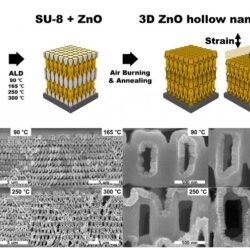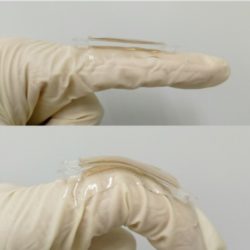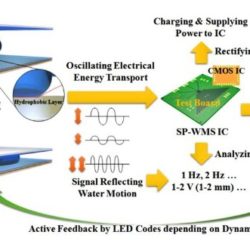Haptic technology as non-contact technology to fight against Covid-19
With the importance of non-contact environments growing due to COVID-19, tactile electronic devices using haptic technology are gaining traction as new mediums of communication. Haptic technology is being applied in a wide array of fields such as robotics or interactive displays. haptic gloves are being used for augmented information communication technology. Efficient piezoelectric materials that Read more about Haptic technology as non-contact technology to fight against Covid-19[…]




